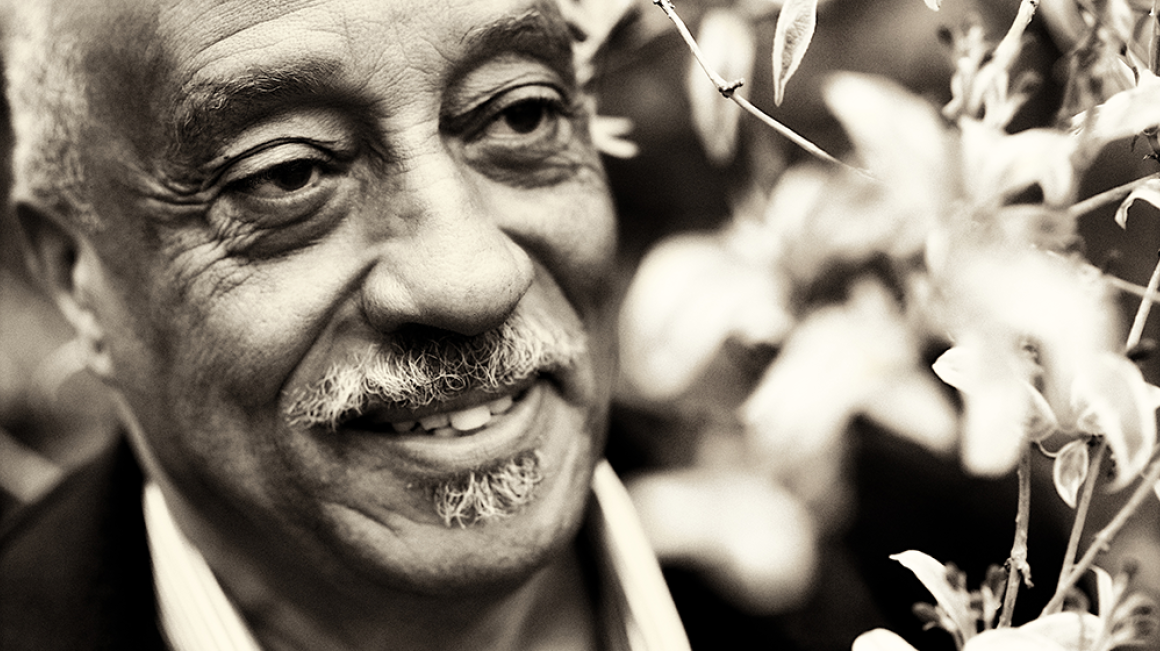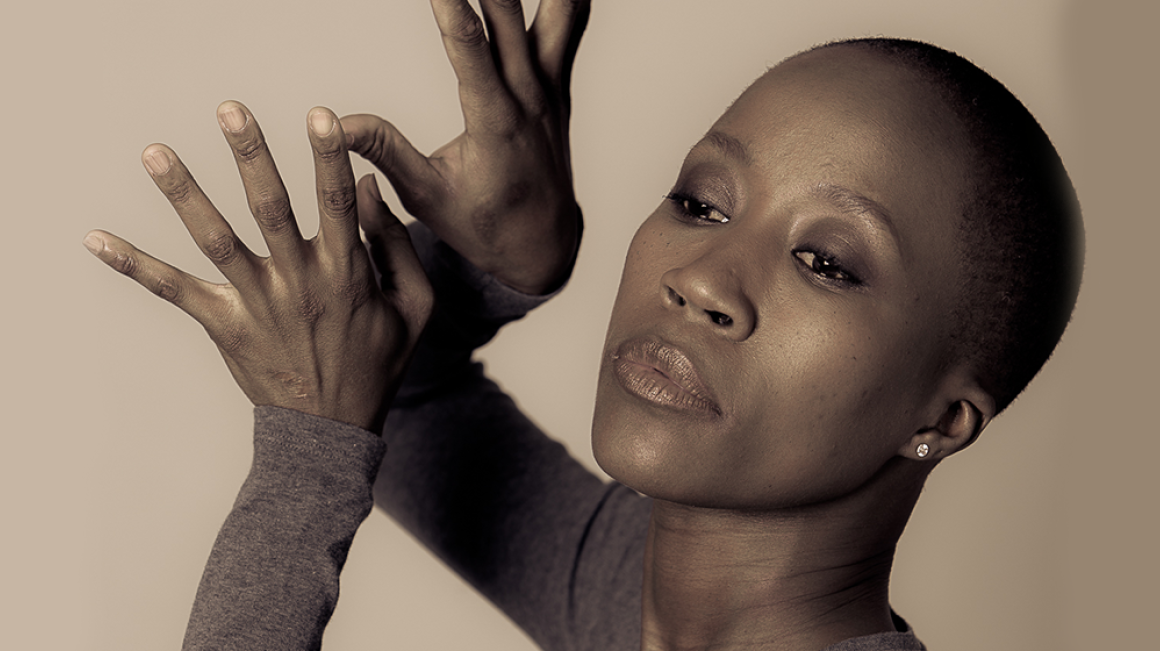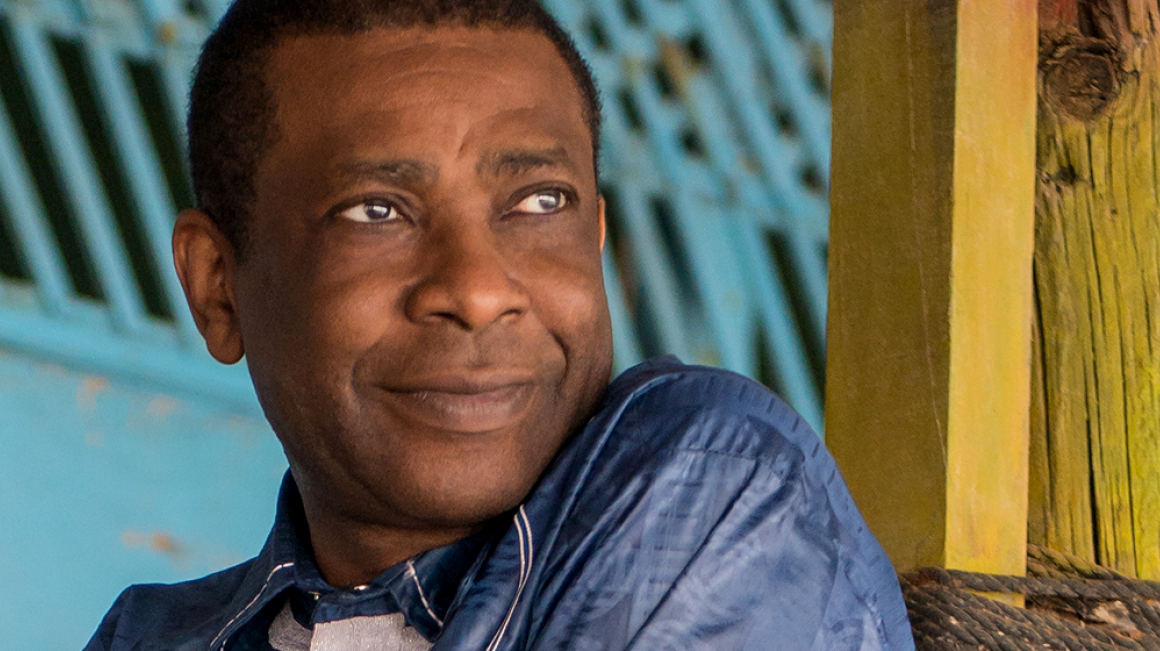Mulatu Astatke
Rokia Traoré
Youssou N'dour
Mulatu Astatke

Thanks, in particular, to Jim Jarmusch’s film “Broken Flowers” (2005), Mulatu Astatke (aged 75) is no longer the best-kept secret of Ethiopian music, one that was shared mainly by owners of the wonderful compilation “Éthiopiques” (released in 1999 on Buda Musique). Since 2005, the man who is seen as the father of ethio-jazz has been bringing his bewitching music to a brand-new public, mainly featuring the pentatonic scale. From the late 1960s, he has been producing an original style of jazz, both cosmic and soulful, from a centuries-old tradition, on the vibraphone, congas and a Wurlitzer organ. The master Astatke, who was the first African student at the famous Berklee College of Music in Boston, and who has played, among others, with Duke Ellington, continues to perform his Abyssinian groove with exactly the same freshness. He was in Paris in September (Jazz à La Villette) with guests including Soweto Kinch on saxophone and Richard Olatunde Baker on percussion. And now he is coming to Vienne to share his timeless instrumentals and his unusual churning harmonies using metrics from the Horn of Africa.
Line-up : Mulatu Astatke (vb, wurlitzer and perc), James Arben (md, sax, cl and fl), Byron Wallen (tp), Danny Keane (vlc), Alexnader Hawkins (p, k), John Edwards (double bass), Richard Olatunde Baker (perc), Tom Skinner (dms)
Photo : © Alexis Maryon
Rokia Traoré

In 2016, the Malian singer released “Né So”, her sixth socially committed album. Rokia Traoré is a nomadic artist who spends her time between Brussels, Bamako, where she grew up (she was born in 1974 in the suburbs of the capital) and the US, where she regularly works. Rokia Traoré is one of those African artists that has embraced modernity and all the genres. Peter Sellars asked her to take part in the creation of “Desdemona” (2010). She was a member of the jury at the Cannes Film Festival in 2015, and the trumpet player Erik Truffaz invited her to perform on his album “Doni Doni” (2016). In Bamako, she has set up a foundation to promote music and the performing arts. Produced, like the previous album, by John Parish (PJ Harvey, Eels), “Né So” is a politically committed record, woven with rock atmospheres and Mandinka melodies written after the tragic events of 2012 in Mali. But Rokia steers clear of pathos. In fact, this is what characterises her style: restraint and a sense of distance. With her zesty voice, alongside her backing singers and guests includingDevendra Banhart and John Paul Jones (Led Zeppelin), she sings in French, Bambara and also English, on Billie Holiday’s legendary “Strange Fruit”.
Line-up: Rokia Traoré (v, g), Mamah Diabaté (n’goni), Salimata Traoré (bkv), Stefano Pilia (g), Fabio Rondanini (dms), Massimo Pupillo (b), Massimo Cugini (sound engineer)
Photo : © Danny Willems
Youssou Ndour

In the 1970s, Youssou Ndour was the idol of mbalax (a form of Senegalese popular music based on the tama and the sabar). He was already a star in 1979 when, with his group L'Étoile de Dakar, he launched the “ventilator'', a new dance that was all the rage in clubs at the time. “The Little Prince of Dakar” became the new international ambassador of west African music. Four decades later, Youssou Ndour, who has in the meantime become a media mogul, runs a recording studio and a night club in Dakar and was Minister for Culture and Tourism in Senegal until 2013, has found time in his schedule to pay us a new visit (he was here in 2014). With a cultural heritage blending Serer, Toucouleur and Wolof, this native of Medina (born in 1959) has been journeying at the heart of the tradition for a decade now (since the album “Rokku Mi Rokka”). A tradition that he has helped bring up to date via pop influences (“7 Seconds” with Neneh Cherry in 1994), reggae or Cuban music, as well as digital production. He describes his latest album (“Africa Rekk” - 2016) and his duos with Akon, Fally Ipupa or Spotless as “a journey between modern Africa and traditional Africa, including a range of African cultures.”
Line-up : Youssou NDour (v), Babacar Faye (perc), El hadj Faye (perc), Abdoulaye Lo (dms), Assane Thiam (talking drum), Birame Dieng (bkv), Moustapha baidy Faye (k), Ibrahima Cisse (k), Papa oumar Ngom (g), Alain Oyono (sax), Moussa Sonko (danseur), Moustapha Gaye (g), Pascale kameni kamga (bkv)
Photo : © Youri Lenquette